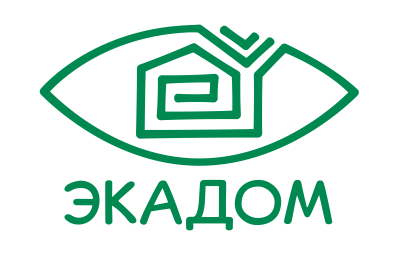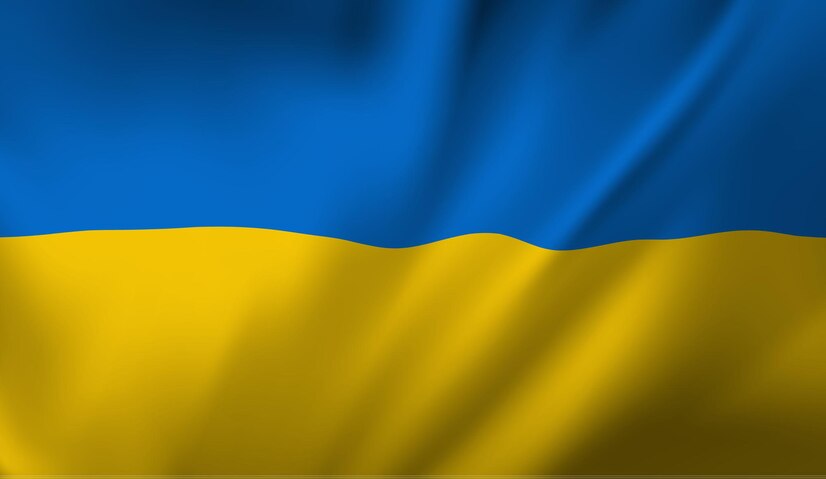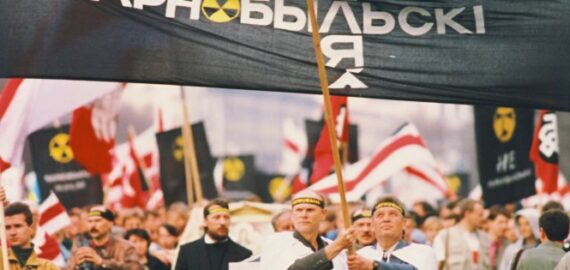Take part in a public discussion online on June 2!
Germany is one of the largest economies of the European Union. The security and stability of its energy sector are indispensable both for the immediate demands of the population and for the resilience of the European economy in general. Russia supplied around half of the natural gas needs of Germany in 2021. If these deliveries would be cut off in the context of the geopolitical confrontation between Russia and the West over the war in Ukraine, the German gas market would likely run into a critical situation, with significant impacts on highly gas dependent industry and heat sectors.
The escalation of the Russian-Ukrainian war in February 2022 has proven what too many leaders did not want to see before: the vulnerability of the German energy mix. In consequence, politicians now only face the choice, either to continue fueling the Russian war machine by buying natural gas or to risk the well-being of the population and economic development in a condition of energy resources scarcity.
Ambiguous economist’s assessments on the manageability of a gas shortage so far do not provide clear guidance for decision makers. In the context of the European Green Deal the issue of the natural gas supply becomes even more complex. On the one hand, the shock in the natural gas markets could massively accelerate the decarbonisation efforts. On the other hand, natural gas was seen by many as a relatively clean fuel to bridge the gaps from the phase outs of coal and nuclear energy first.
This online panel discussion aims to shed more light on the possible political answers and economic instruments to manage the gas supply crisis for Germany, the European Union and its partners in the Energy Union — in particular the war-ravaged Ukraine. How can we effectively diversify the supplies without just changing from one supplier to another? What would be a realistic timeframe to phase out Russian gas in the European market? What can be done to avoid a lock-in into new long-term gas infrastructure investments? How can we pave the way for accelerating the energy transition and the decarbonisation to strengthen energy security both for Ukraine and the European Union?
Welcome:
Jan Philipp Albrecht, Co-President of the Heinrich Boell Foundation
Introductory inputs:
- Yaroslav Demchenkov, Deputy Ministry of Energy of Ukraine
- Ingrid Nestle, Member of Bundestag, Spokesperson for Climate & Energy, Green Party Fraction
Round 1: Economy
- (tbc) Janis Kluge, Russia expert at the Science and Politics Foundation in Berlin OR Prof. Dr. Axel Ockenfels, University of Koln
- Casimir Lorenz, Aurora Energy Research
Round 2: Policy
- Olena Osmolovska, Head of the Reform Support Team at the Ministry of Energy of Ukraine (tbc)
- Ingrid Nestle, Member of the Bundestag
- Yevgeniya Zasiadko, NGO Ecoaction, Ukraine
Moderator: Georg Zachmann, Senior Fellow at Bruegel, Brussels
Target audience: German expert community, CSOs, politicians
Date: June 2, 5pm CEST
Duration: 2 hours
Languages: English, German
Organizers: NGO “Ecoaction” (Ukraine), NGO “Ecohome” (Belarus), Heinrich Boell Foundation, , Belarusian Green party (Belarus), Ecoclub (Ukraine)
Registration: https://calendar.boell.de/en/civi_register/149751




